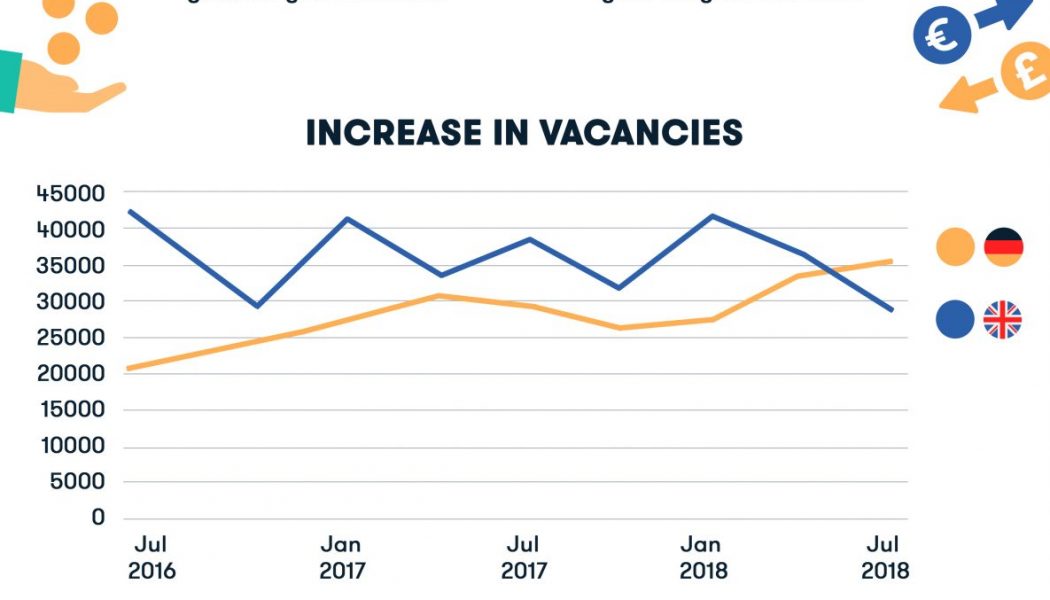The COVID-19 pandemic had forced companies and individuals to rapidly adapt to the Fourth Industrial Revolution (4IR) to remedy the unprecedented socioeconomic challenges faced by consumers.
A key facet of 4IR is a shift towards digitisation, and the vulnerable communities across the globe find themselves trailing even further behind in their endeavour for financial equity as a result.
Migrants and foreign nationals trapped in the cash economy, who utilise analog means of transacting funds, are the hardest hit as lack of access to cash means that they are rendered unable to support their families both locally and abroad to make ends meet.
The festive season in particular is a capital intensive time for consumers. To provide for their families, many find themselves using informal methods to send essential goods, groceries and money home.
According to Sayjil Magan, MD of Hello Paisa, digitisation is challenging the way in which fintechs engage with and empower their customers; more so now than ever, technological transformation needs to be made available to the underserved.
“Historically, the migrant community in South Africa has typically been excluded from traditional financial avenues, never mind technological advancements when it comes to managing and sending cash, goods and groceries. It is our mandate to keep our consumer at the very centre of what we do.”
“By working closely with expatriates living in South Africa for over a decade, we understand their unique pain points and have constructed our services around creative, diversified solutions to not only solve their problems, but to keep the traditionally underserved at the forefront of technological advancements.”
To expand the opportunities of the financially excluded, Hello Paisa has halved their costs for international money and goods-based remittances on every transaction and has expanded their goods-based remittance service Malaicha.com in Zimbabwe.
In addition, Hello Paisa also offers free digital banking accounts to make transacting as seamless and cost-effective as possible. Malaicha.com has expanded their product suite to transcend just groceries: they now offer kitchen appliances such as stoves and microwaves, school uniforms, electronics, hardware, cutlery and crockery, bedding, medication and farming products such as seeds and fertilizer.
“Our mission is to provide a one-stop, holistic goods remittance services that are at the same cost as – if not cheaper than – a consumer making the purchase at stores in Zimbabwe,” says Magan.
The company has also expanded its delivery capabilities in Zimbabwe, meaning that customers in the vicinity of its 24 points across the country will receive their goods even faster than before.
“We recognise that there is an essential education game to play in acclimatising the underserved to a digital-first approach to financial inclusion, and this begins with customer-centricity and efficient service delivery. This has placed the business in an opportune position to serve as a starting point for innovation, and can capitalise on modern ideas to rebuild the economy and rewrite the digital narrative where rural and informal communities are concerned,” concludes Magan.










